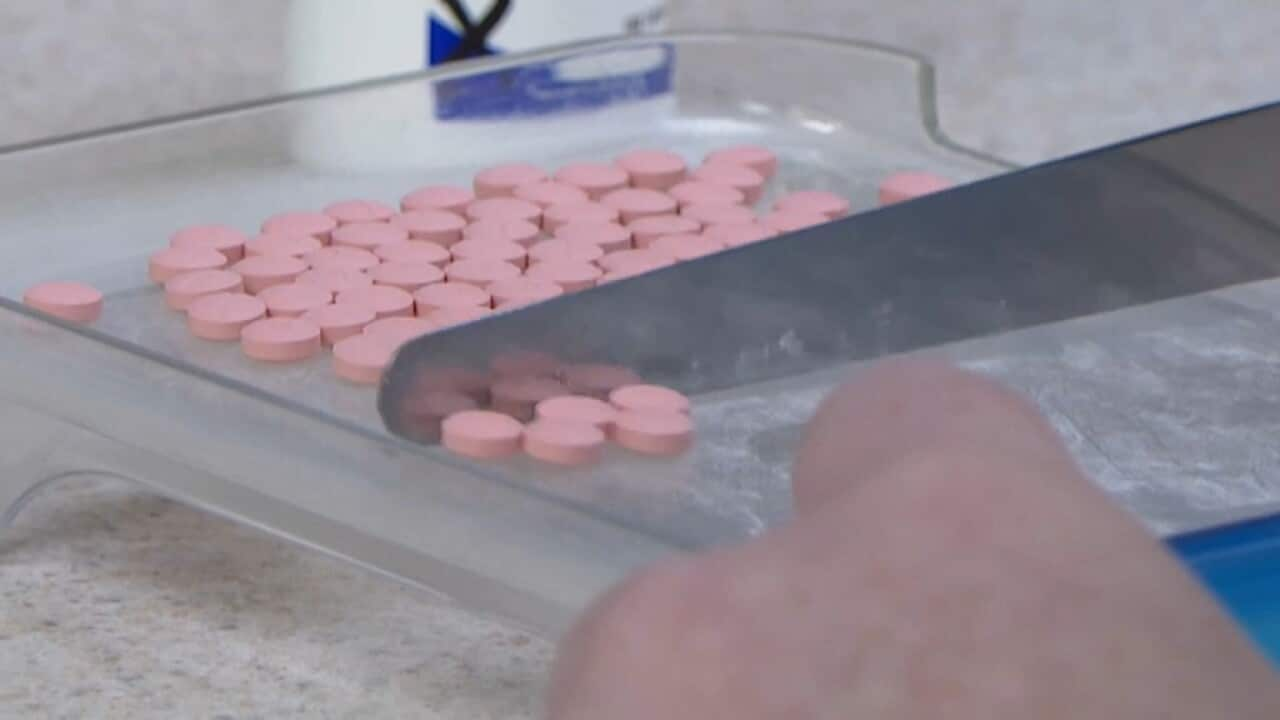TRANSCRIPT
Extreme heat can raise the danger of heat-related illnesses and threaten health in a more subtle way — by amplifying the side effects of many common medications.
Hot weather, too, can damage medicines such as insulin that require refrigeration and as climate change accelerates, there’s a growing need to know exactly which medicines are the riskiest in the heat.
What is known is that Inhalers can explode, EpiPens can malfunction and medications delivered in the mail can deteriorate.
Clinical Assistant Professor Bradley Phillips from the University of Florida College of Pharmacy says, when you combine heat exhaustion with a number of different medications - risk factor for adverse reactions increase.
“When we talk about the signs and symptoms of heat exhaustion, if you have a small percentage of experiencing headache, confusion and dizziness, but you have a handful of other medications that do have those small percentages of that side effect, well, those slowly start to add up. And so honestly, kind of thinking about heat as a quote unquote medication that provides its own side effects, that in combination with other medications, could definitely cause what we like to call like a perfect storm and increasing the risk of that patient experiencing side effects either from the heat or said medications.”
Which medicines could cause problems in the heat?
Blood pressure pills that reduce fluid in the blood can lead to dehydration.
Beta blockers for heart conditions can decrease blood flow to the skin and make you less aware of dangerous heat.
Some antidepressants can hinder your ability to stay cool.
Aspirin and other over-the-counter pain relievers decrease fluid and sodium levels, making it harder to deal with high temperatures.
On top of that, the combination of heat and drug side effects can lead to lightheadedness, and falls.
Professor Phillips also says alcohol increases the danger and recommends people drink water instead.
He also says people should check with a medical professional exactly how much water should be consumed with certain medications.
“So if you're on medications that maybe increase the amount of fluids that you're getting rid of, maybe decrease the amount of sweating that your body naturally produces. I definitely recommend making sure that you're consuming adequate amounts of water to stay hydrated, and not relying on your body's ability to tell you that you're thirsty.”
Some medicines such as antibiotics, antifungals and acne drugs can heighten sensitivity to the sun, causing rashes and sunburns.
“As far as the medications that increase skin sensitivity, making sure you're wearing appropriate clothing, potentially clothing that has UV blocking abilities. And making sure you're using sunscreen as well to any areas that are exposed to the sun.”
How should medications be stored for travel?
Medications generally should be kept in a cool, dry place, unless they need refrigeration and that can be challenging while travelling.
Before a summer road trip experts advise people to check labels for the storage requirements of medications and if practical store medications in an cooler when travelling by car, even if it doesn't require refrigeration.
As for travelling by plane - medications are best stored in carry-on bags in case checked luggage is delayed or lost.
Professor Phillips says always speak to an expert before travelling to assess risks.
“So speaking to your provider, speaking to your pharmacist about what medications can potentially cause these issues that we're discussing, to identify if that risk is there.”
Researchers in the United States and Australia say some of the common warnings about heat and drugs don’t have a lot of scientific evidence behind them.
Ollie Jay is Professor of Heat and Health at the University of Sydney.
He told Associated Press that research found backing for only four of the 11 medication categories that the World Health Organisation lists as concerns with high heat.
He suggests until more information emerges people should be more cautious, changing behaviour like staying out the heat and not just stopping medications.
Australians seeking more information about their specific medications should speak to their doctor or pharmacist.
Information is also available online at NPS MedicineWise.













